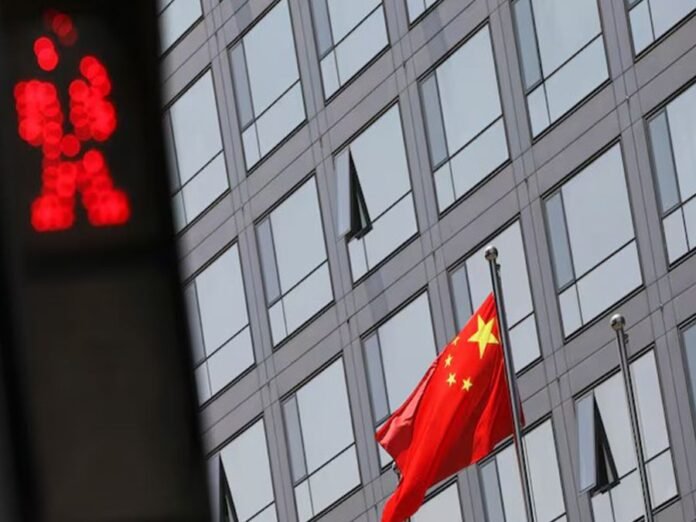Taiwan lawmakers from the ruling Democratic Progressive Party (DPP) are calling for stronger national‑security rules after fresh reports of Chinese attempts to influence Taiwanese politics. The push comes just as the opposition Kuomintang (KMT) has accused China of meddling in its upcoming chairperson election.
Hau Lung‑bin, a former Taipei mayor and current KMT candidate for the top post, posted on Facebook that “external cyber forces” were trying to sway the party’s internal polls. He said the interference was coming from Beijing, a claim that the KMT’s own chairman, Jaw Shaw‑kong, has repeated publicly. Jaw demands a formal security investigation into the cyber attacks.
Rosalia Wu, a DPP legislator, highlighted how the ruling party has historically been a target of China’s “cognitive and information warfare.” She said KMT campaigns have often benefited from the same tactics that help undermine the DPP. Wu stressed that because both parties now see the same threat, they need to work together to strengthen Taiwan’s legal framework on national security.
Her colleague Chen Kuan‑ting added that warnings about foreign infiltration have long been dismissed as political exaggeration. “When members of the KMT start confirming that they’ve been targeted, it shows that the danger is real, not just hypothetical,” Chen said.
The lawmakers insist that while political differences will continue, all Taiwanese parties must unite to safeguard democratic institutions. Chen calls for a digital safe‑net against disinformation and urges each party to tighten its internal checks to prevent outsiders from exploiting internal debates. “We need a robust system that works for every party,” he said. “That’s the best way to keep our democracy honest.”
Ho Cheng‑hui, deputy secretary‑general of the Taiwan National Security Institute, warned that China is using fake opinion polls, social media manipulation, and online propaganda to shape Taiwan’s political narrative. He said that without stronger counter‑measures, the country’s democracy could face deeper infiltration and distortion.
The calls for tighter national‑security laws come as Taipei Times reports that Beijing has been increasingly active on Taiwan’s digital front. The DPP’s push for bipartisan cooperation signals a potential shift in Taiwan’s approach to tackling foreign influence. Whether the legislators succeed in forging a united front remains to be seen, but the spotlight on cyber interference and disinformation is shining brighter than ever in Taiwan politics.
Source: aninews
Stay informed on all the latest news, real-time breaking news updates, and follow all the important headlines in world News on Latest NewsX. Follow us on social media Facebook, Twitter(X), Gettr and subscribe our Youtube Channel.



